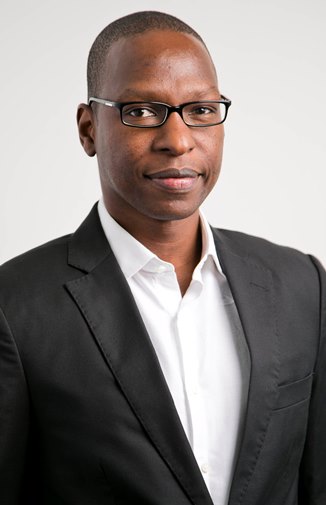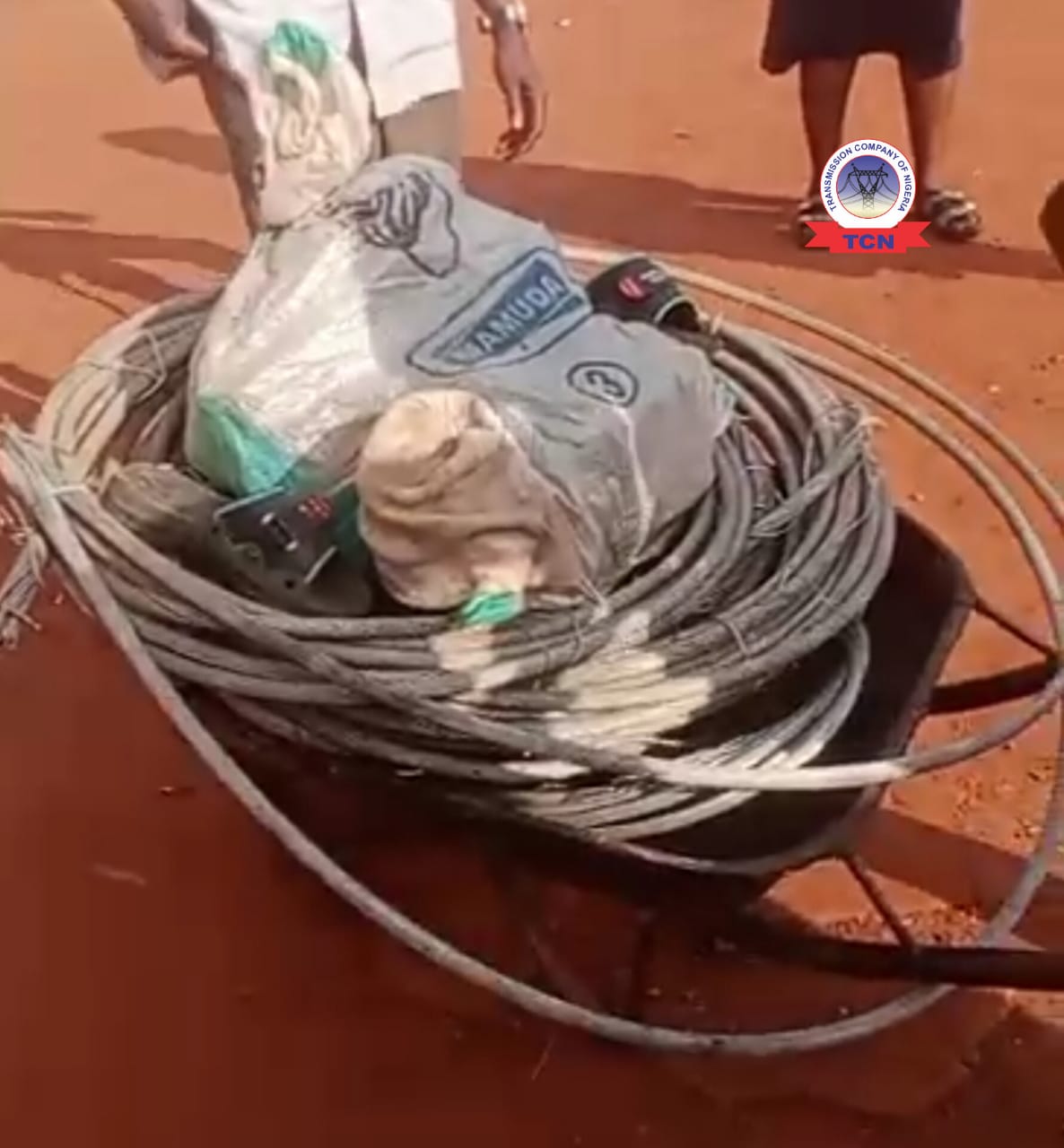Seydou Kane is Managing Director, Africa for Eaton’s Electrical Sector. He is responsible for leading Eaton’s Electrical Sector team in Africa and driving Eaton’s ambitious growth strategy for Africa. Seydou has over 15 years’ experience in management, sales and strategic marketing in four continents. He holds Master’s of Business Administration from IMD Business School, Switzerland and a Bachelor’s Degree from ESSCA, France, as well as Black Belt Certification in Six Sigma. Seydou was at the 2018 Africa Utility Week in Cape Town, where he bares his mind on the need for local businesses to rethink their sustainability designs and transition towards building a climate-safe future. Excepts:
Which of your products or services are you most excited about currently?
Our microgrid product offering. Eaton’s expertise in power systems engineering, circuit protection and engineering services, has enabled the creation of microgrid technologies to improve power system resiliency. Microgrid customers can increase energy resiliency and sustainability, reducing energy-related costs as well as minimizing losses resulting from downtime due to power outages.
Why do you think your company is a leader in this field?
Eaton is a power management company with 2017 sales of $20.4 billion. We provide energy-efficient solutions that help our customers effectively manage electrical, hydraulic and mechanical power more efficiently, safely and sustainably. Eaton is dedicated to improving the quality of life and the environment through the use of power management technologies and services.
Can you mention some of the projects you have executed successfully?
The new Wadeville microgrid system demonstrates Eaton’s unique xStorage portfolio of energy storage solutions that give access to safe, reliable and sustainable energy. The use of second-life lithium-ion batteries from Nissan expands the useful life of electric vehicle batteries, reducing the need to use additional resources from the planet to produce new batteries. It’s the first of its kind microgrid in Wadeville and uses second life electric vehicle batteries to increase resilience, provide higher levels of energy independence, support grid stability and reduce energy costs by up to 30 to 40 percent. A similar sized microgrid could provide energy for 230 community homes.
What in your opinion are the biggest challenges that the utility/energy industry is facing currently?
Ageing infrastructure and grid reliability continue to be issues across the region and improving grid reliability will improve business continuity, minimize business losses and improve economic growth. According to the World Bank Group Enterprise Surveys, African manufacturing enterprises experience power outages on average 56 days per year, lasting 5.7 hours on average. These outages result in firms losing and average of 6 percent of sales revenues, but losses can be as high as 20 percent where back-up generation is limited. As a result, universities, hospitals, corporations and local communities are now considering microgrids as a way to increase power reliability and availability to meet their critical demand. In Africa, where millions are still without modern energy services, microgrid technology is increasingly being considered as a solution to address energy poverty.
Which regions in Africa are you most interested in at the moment?
Currently, Eaton offers a broad portfolio supplemented by “made for Africa” products and services with offices in South Africa, Kenya, Morocco, and Nigeria. Expansion on the continent is a priority for the business and we will continue to look for opportunities that improve the quality of life and the environment through the use of power management technologies and services.
What excites you about this industry?
The scale and pace of change continuously increases and these changes will affect the way in which infrastructure is built. That is an exciting future to be part of and look forward to in the industry. Climate change is also one of the strongest manifestations of the interconnected world we live in today. With more than half of the world’s population now living in cities, it is projected that by 2050, 67 per cent of the world’s population will consist of urban dwellers. This urban growth will put tremendous stress on the food supply, water and sanitation infrastructure, and the environment in general. Individuals, organisations, and governments will need to play a big part towards the sustainable environmental management and the implementation of energy efficiency strategies. Eaton look forward to leading with innovative product offerings.
What surprises you about this industry?
In the energy sector, IoT technologies have become even more relevant for renewable energy since these tools can enable the smooth integration of two-way power flows from intermittent distributed resources. There are many reasons to be optimistic about IoT devices to communicate and share data in real time, or near-real time
You are a regular exhibitor and sponsor at African Utility Week, what makes you return to the event every year?
The industry is undergoing great changes as energy security remain pressing issues. With more and more manufacturers not relying only on machinery and automation to decrease cycle times, there’s a demand to pursue technology with solutions that are easy to set up, provide simple operator interface and reduce downtime such as electric and hydraulic systems. Using these motion systems has the potential to affect costs, performance, flexibility, reliability, ease of use and maintenance. There has never been a more exciting time to work in the energy industry and interact and engage with like-minded companies, sharing forward thinking ideas for the future of the industries and sectors that we all serve.
What is your advice for participants?
Committed to “doing business right”, global power management company, Eaton, has developed sustainable business practices, not only critical to the future of the company, but also for the benefit of future generations. In meeting the needs of global customers, employees and communities, Eaton continues to efficiently use and conserve global resources, develop energy efficient products, reduce emissions, protect the environment, and volunteer time to help build stronger communities. This African Utility Week, the power management conglomerate is calling for local businesses, from every sector, to rethink their sustainability designs and transition towards building a climate-safe future with these small changes including LED powered buildings, microgrids and energy storage.
Anything you would like to add?
Eaton is dedicated to improving the quality of life and the environment through the use of power management technologies and services.







